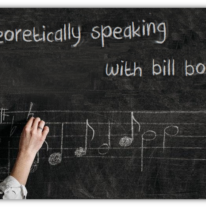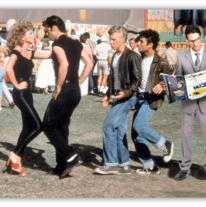A reflection on why marching in Durham’s Pride Parade carries personal meaning, history, and hope
In my world, when September rolls around, I know it’s time for many things:
- A welcome break from the oppressiveness of southern summers.

- Time to gear up for another season of writing letters of recommendation:
And, at month’s end:
Marching with the St. Francis of Assisi LGBTQ+ Ministry at the annual Pride Parade in Durham.
Why does Durham celebrate Pride in September, when most communities celebrate it in June?
Partly out of tradition – it has been done that way for a quarter of a century. And partly practically: Who wants to be marching in North Carolina in June heat?

(Although, honestly, September weather carries its own risks.)
This year marks the 25th that our ministry has had a booth or table at the Durham event. Back in 2001, Raleigh didn’t have its own Pride celebration, and Durham’s served as a statewide event.
These days, OutRaleigh takes place in June, and Durham’s event is more local. We take part in both.

Marching has been a more recent development. For years, I felt I could not take part because, as a newspaper journalist, I was constrained by ethics policies not to join public demonstrations that could be perceived as political.
When I walk the mile or two of the route, so many people come to mind.
I think of my Uncle Tony, who used a pen name to write his story as a trans man in the late 1970s.

He then lived his life on his own terms, quiet and private, through his death in 2011.
I think of him often today as our politicians continue to become ever more hostile to trans people and fail to understand their journeys.
I think of my husband’s longtime friend Ronald, who died of HIV/AIDS in the late 1990s.
He was not the only person I know who was or is HIV-positive.

But his friendship to Tom and me helped me understand firsthand the cruel loss of life of a generation, queer and straight, to a disease that still has no cure.
I think of my parents, whose journeys to understand and accept me were very different from each other’s but ended up at the same place of love.

Each had to navigate societal prejudices, misunderstandings and questions about church dogma on their journeys.
I think of my biological family.
I was the first to come out, but far from the last – we now have at least enough to field a decent softball team.

And I remember my paternal grandmother, whom my dad was worried about my coming out to, asking me:

“So when am I going to meet your boyfriend?”
I think of my students, certainly my LGBTQ+ students but also their straight classmates and allies.
I want them to know we keep moving forward despite whatever sidesteps that particular politicians promote.

I think of the gay and bisexual priests I have known and befriended.

They’ve been sources of encouragement and inspiration, even as they made compromises to stay within the church they love.
I think, too, of how I cannot include the “L” or “T” when referring to priests in the Catholic Church, and how that meant the loss of dedicated people like my friends Julie and Iain.
And I think of my high school friend Mike, whose wedding I was proud to attend.
When it came for me to announce my own wedding plans, I learned my friend of several decades couldn’t share in my joy because “we believe marriage is between a man and a woman.” We’ve rarely spoken since – and not for my lack of trying.






Well said, Chuck! Probably your best article on this topic, though I liked the one about your husband’s flower garden too.
I’m glad we live in a time where awareness and acceptance is better than it used to be. We have a ways to go before we mature as a planet of humans in dealing with each other and our differences, but people like you that work to help are exactly what the world needs. Thanks for your help, Chuck.